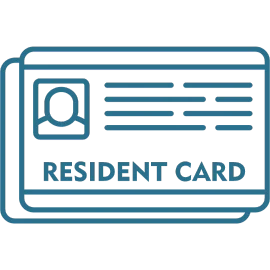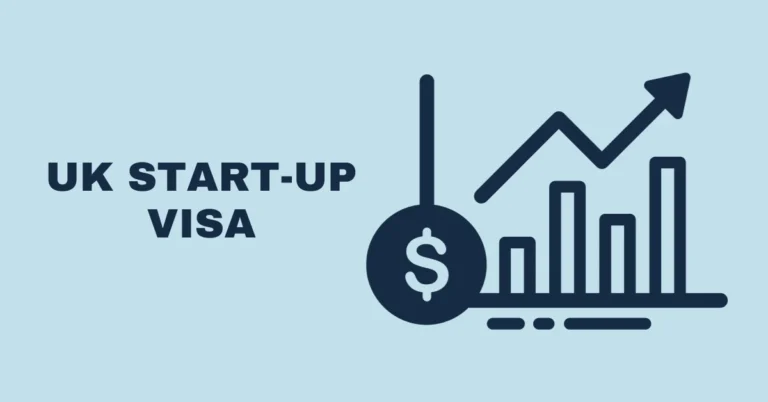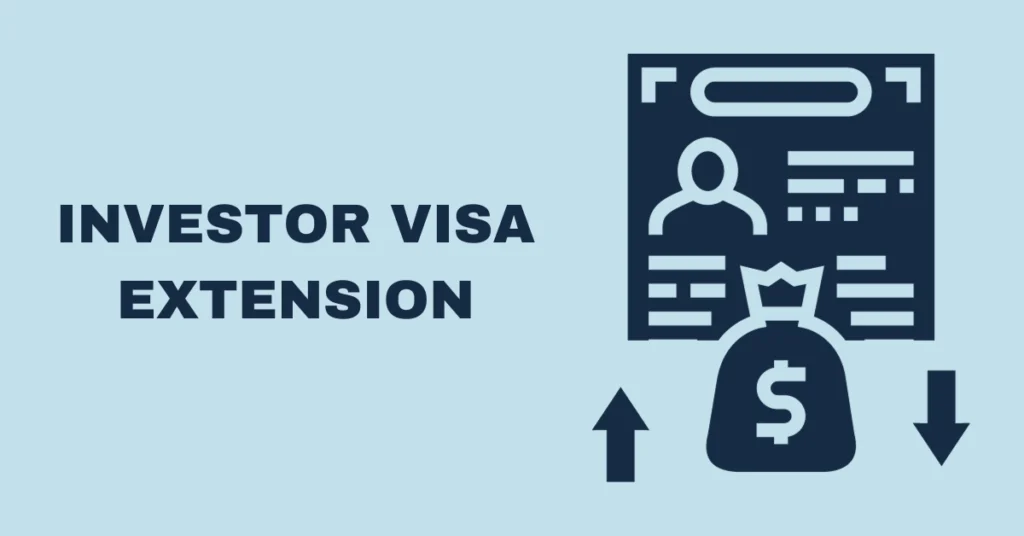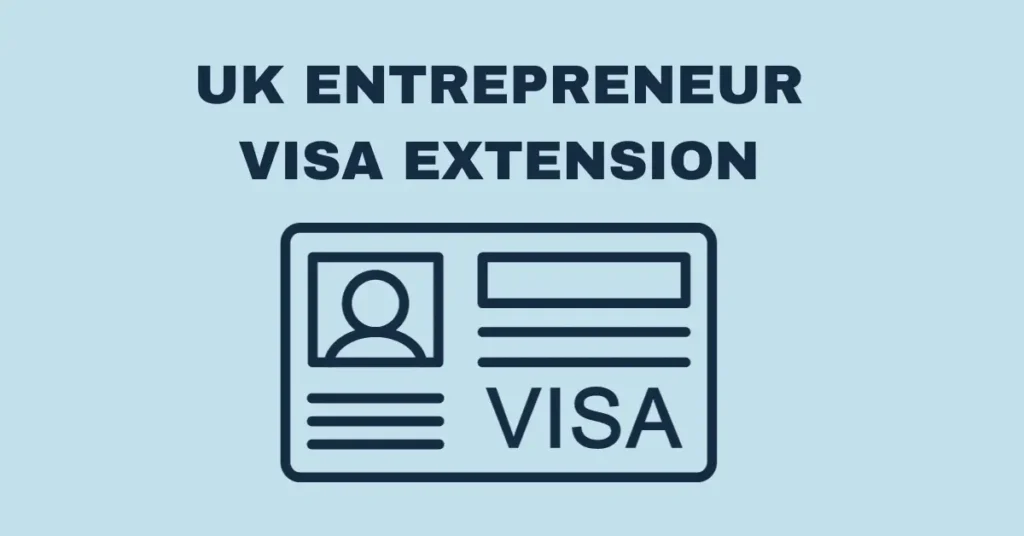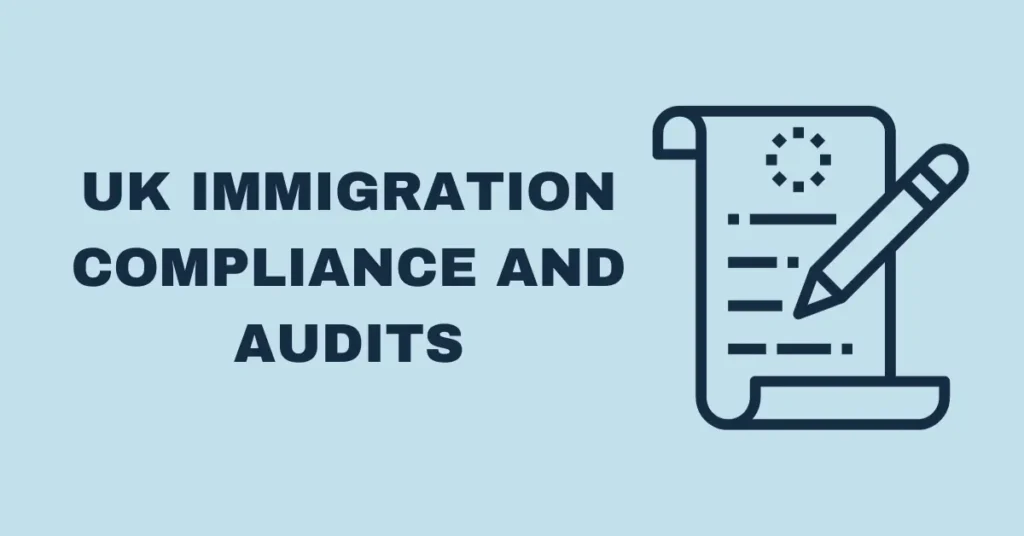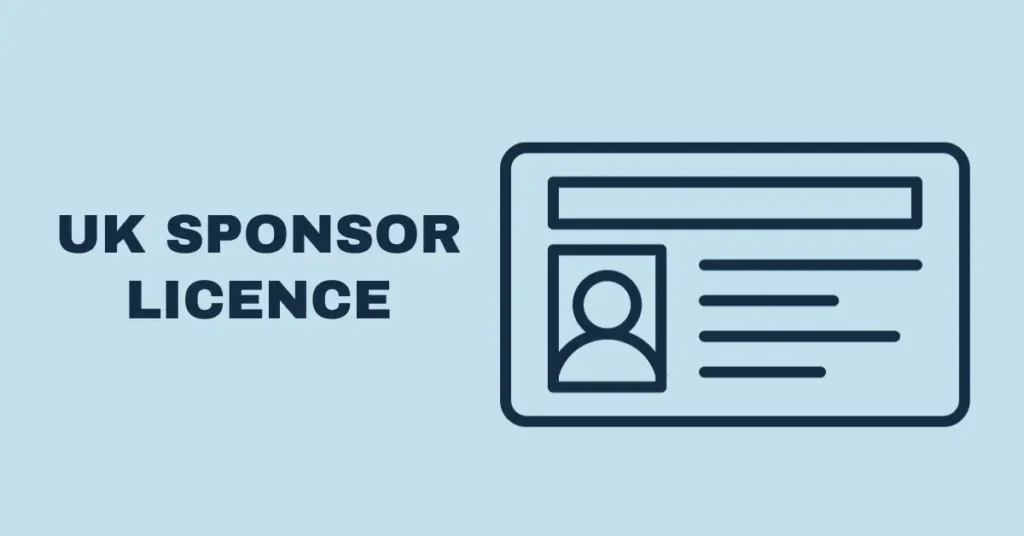Important Update: Start-up Visa Changes
As of 13 April 2023, the Start-up Visa will only be accessible to individuals with a valid start-up endorsement issued before this date. New applications will not be accepted from 13 July 2023.
What is the Start-up Visa and Who Qualifies?
The Start-up Visa facilitates the entry of overseas entrepreneurs with entry-level business experience to establish innovative businesses in the UK. Targeted at those developing their business skills, including recent graduates, no upfront investment funds are required. Applicants must submit a detailed business plan showcasing their innovative business idea, endorsed by an approved UK endorsing body.
Introduced in anticipation of Brexit (the UK’s departure from the EU in 2020), this scheme aims to foster new entrepreneurial ideas and maintain the UK’s position as an innovation leader and global powerhouse.
It’s crucial to note that the Start-up visa does not directly lead to permanent settlement (Indefinite Leave to Remain – ILR) in the UK. However, while in the UK, it’s possible to switch to another visa type that allows for ILR.
Entrepreneurs with at least £50,000 in investment funds and substantial business experience should consider the Innovator visa, providing a direct path to permanent settlement.
Start-up Visa holders can stay for up to 2 years, after which they can apply to switch to a different visa type (such as the Innovator Visa) while remaining in the UK.
Launched in March 2019, the Start-up visa replaced the previous Tier 1 (Graduate Entrepreneur) Visa.
For further information or to discuss your specific situation, please contact our immigration lawyers at +44 (0) 333 577 0034 or complete our contact form.
Requirements for the Start-up Visa Application
To ensure a successful application for a UK Start-up Visa, applicants must demonstrate the following criteria in detail:
- Age Eligibility:
- Be at least 18 years old.
- Business Plan:
- Present a comprehensive business plan outlining a new start-up venture.
- The plan should emphasise innovation, viability, and scalability.
- Business Skills:
- Possess, or be actively developing, the requisite business skills to establish and manage a successful start-up in the UK.
- Endorsement:
- Obtain an endorsement for the proposed business or business idea from an approved endorsing body.
- English Language Proficiency:
- Satisfy the English language proficiency requirements.
- Financial Capacity:
- Demonstrate sufficient funds to independently support oneself while in the UK.
Meeting these requirements is essential for a smooth and successful Start-up Visa application.
Comprehensive Business Plan Requirements
To secure endorsement for a Start-up Visa, a meticulously crafted business plan for your innovative venture is imperative. The Home Office outlines specific criteria for a business plan to meet endorsement qualifications, encompassing the following details:
- Genuineness and Originality:
- The plan must be genuinely conceived and demonstrate originality.
- Alignment with Start-up Business:
- It should pertain to a bona fide Start-up business.
- Market Relevance and Competitive Edge:
- Address new or existing market needs, showcasing potential for creating a competitive advantage.
- Realism and Achievability:
- Present a realistic and achievable roadmap based on the applicant’s available resources.
- Skills and Knowledge Development:
- Demonstrate that the applicant possesses or is actively developing the requisite skills, knowledge, experience, and market awareness to effectively manage the business.
- Structured Planning:
- Showcase evidence of structured planning and articulate the potential for job creation and growth into national markets.
Additionally:
- No Prior UK Business Establishment:
- Applicants must not have previously established any business in the UK, unless it commenced trading during the applicant’s last period of permission for a Start-up visa, Tier 1 (Graduate Entrepreneur), or during their time as a student on the doctorate extension scheme.
For personalised guidance or to discuss specific aspects of your business plan, feel free to contact our immigration lawyers at +44 (0) 333 577 0034 or complete our contact form.
English Language Proficiency Requirements
In order to ensure a successful Start-up visa application, it is essential to demonstrate compliance with English language standards. This involves:
- Comprehensive English Skills:
- Display proficiency in reading, writing, speaking, and understanding English at a level B2 on the Common European Framework of Reference for Languages (CEFR) scale.
- Provide evidence of an English language test validating this proficiency.
Or, alternatively:
- Educational Qualification:
- Hold a degree that was taught in English.
Or, in the case of individuals from exempt countries, which include:
- Antigua and Barbuda
- Australia
- The Bahamas
- Barbados
- Belize
- Canada
- Dominica
- Grenada
- Guyana
- Jamaica
- Malta
- New Zealand
- St Kitts and Nevis
- St Lucia
- St Vincent and the Grenadines
- Trinidad and Tobago
- The USA
Adequate Financial Support for Start-up
Additionally, you must demonstrate the financial capacity to support yourself in the UK. To satisfy this requirement, you need to exhibit:
- A minimum of £1,270 in your bank account 28 days before applying.
For dependants:
- £285 for a dependent partner
- £315 for your first child
- £200 for each additional child
Business Endorsement for the Start-up Visa
Choosing the Right Endorsing Body
A pivotal step in ensuring a successful application for a Start-up Visa is obtaining endorsement for your innovative business idea in the UK from a sanctioned endorsing body. The endorsing body you approach for endorsement will be contingent on the nature of the business you plan to establish in the UK.
For instance, Britbots evaluates applications in the realm of automation, robotics, and associated artificial intelligence, while Fashion Angel provides endorsements for businesses in the fashion and textiles sector.
Factors Considered by the Endorsing Body
In determining whether to grant endorsement, the endorsing body will carefully evaluate the following factors:
- Market Need:
- Assessing if there is a genuine demand for the proposed business in the UK.
- Applicant’s Skills Development:
- Gauging whether the applicant possesses or is actively developing the necessary skills for the success of the innovative business.
- Market Impact:
- Analysing whether the business introduces novelty to existing markets.
- Thorough Market Research:
- Reviewing the extent of the applicant’s market research efforts.
- Realistic and Sustainable Goals:
- Verifying the presence of realistic and sustainable product goals.
- Long-Term Business Plan:
- Scrutinising the existence of a comprehensive long-term plan for the venture.
- Market Traction:
- Evaluating the potential for the business to gain sufficient “traction” in the market.
- Growth Potential in the UK:
- Assessing the potential for sustained growth within the UK.
Endorsement is a requirement for applying and ensures that only businesses with a high likelihood of success progress to the subsequent phase – the application.
Upon engaging with your endorsing body, they will elucidate their endorsement process and produce the necessary resources for your application.
Upon a successful endorsement application, you will receive a “Letter of Endorsement,” which can be utilised for processing your Start-up visa application.
Maintaining Communication with the Endorsing Body and Points of Contact
It’s crucial to emphasise that your interaction with the endorsing body doesn’t conclude with the visa application; it remains an ongoing process throughout your tenure with a Start-up Visa. Endorsing bodies are obligated to uphold regular ‘check-points’ with those they have endorsed, which may involve face-to-face meetings, phone calls, or video conferences.
This sustained engagement ensures a continuous and supportive relationship between the endorsed entrepreneur and the endorsing body, fostering an environment where challenges can be addressed, and strategic adjustments can be made for long-term success.
How to Apply for a Start-up Visa
The application process for a Start-up Visa involves the following stages:
- Prepare Your Start-up Business Plan:
- Develop a comprehensive business plan for your Start-up.
- Apply for Start-up Endorsement:
- Seek endorsement for your Start-up from an appropriate approved endorsing body in the UK.
- Complete the Online Application Form:
- Upon receiving endorsement, fill out the online application form on the Home Office website. The specific form you use depends on whether you are switching from a different visa within the UK or applying from outside.
- Prove Your Identity:
- After submitting the application form, verify your identity. This can be accomplished by either:
- Having your fingerprints and photograph taken at a visa application centre, incurring a small fee of £19.20 for biometric information processing. The biometric residence permit serves as proof of residency.
- Using the ‘UK Immigration: ID Check’ app to scan your identity document.
- After submitting the application form, verify your identity. This can be accomplished by either:
- Pay the Application Fee:
- Pay the application fee, which is £363 if applying from outside the UK or £493 if applying from within. The same fees apply to dependent family members. Applicants from EU countries may benefit from a reduced fee of £55.
- Immigration Healthcare Surcharge:
- Pay the immigration healthcare surcharge for the entire visa duration, currently set at £624 per person per year.
The processing time for applications is typically 3 weeks for those outside the UK and 8 weeks for those switching visas within the UK. Delays may occur if additional evidence is required or if an interview is requested.
Start-up Visa to Indefinite Leave to Remain (ILR): Progression Paths
While the Start-up Visa doesn’t directly lead to permanent settlement (Indefinite Leave to Remain or ILR), several strategic options exist for attaining ILR in subsequent stages. Most Start-up visa holders often use this route as a stepping stone, transitioning to another visa type offering a direct pathway to ILR. Here are detailed options for progressing:
- Innovator Visa:
- Description: A logical progression for Start-up visa holders who have a minimum of £50,000 in investment funds.
- Pathway: Allows for the achievement of ILR within three years.
- Requirements: Demonstrates sustained innovation, business growth, and viability.
- Skilled Worker Visa:
- Description: Suitable for individuals securing employment with a company holding a sponsor licence.
- Pathway: ILR can be attained after a continuous stay of five years.
- Requirements: Meets minimum salary criteria and maintains employment with a sponsor.
- Spouse Visa:
- Description: Applicable for those living with a British partner or a partner with permanent residency in the UK.
- Pathway: Eligibility for ILR after five years under the family visa route.
- Requirements: Demonstrates a genuine relationship and fulfils residency conditions.
For a comprehensive understanding of the various options and personalised advice on expediting ILR in the UK, as well as guidance on achieving citizenship within an additional year, consult our experienced team at JPS Immigration. We will offer detailed insights into your unique circumstances and aspirations, recommending the most suitable pathway for your goals.
Frequently Asked Questions
Is it possible to renew or extend my Start-up Visa?
Unfortunately, the Start-up Visa cannot be extended beyond its initial 2-year period. Despite this limitation, there are diverse alternatives available. One promising avenue is the Innovator visa, representing a logical step forward for Start-up visa holders concluding their 2-year term. This transition is facilitated by the valuable experience gained during the initial period, with a requirement to showcase investment funds amounting to at least £50,000. Alternatively, individuals can explore entirely different visa options like the Skilled Worker or Family (e.g. spouse) visa, offering varied pathways to continue their stay in the UK.
What is the required amount of funds for a UK Start-up Visa?
The application fee stands at £493 for those applying within the UK and £363 for those applying from outside the UK. Additional charges include a £19.20 biometric fee and an annual healthcare surcharge of £624.
Is it possible to transition from a study visa to a Start-up Visa?
It is permissible to shift from a student visa to a Start-up visa while you are in the UK, provided that:
You are not on a short-term student visa (you must be on a current long-term student visa).
Your student visa has not expired.
You are 18 years or older.
You satisfy the eligibility criteria for the Start-up visa.
Is employment permitted with a Start-up Visa?
Certainly, as a holder of the UK Start-up visa, the Home Office grants you the flexibility to engage in additional employment while also working on your business. This stands as a notable advantage over the Innovator visa, where individuals are not permitted to work for another employer. This unique feature allows you to financially support your stay in the UK while simultaneously developing your Start-up business. It’s important to note, however, that working as a professional sportsperson (e.g., as a sports coach) is an exception to this allowance.





























